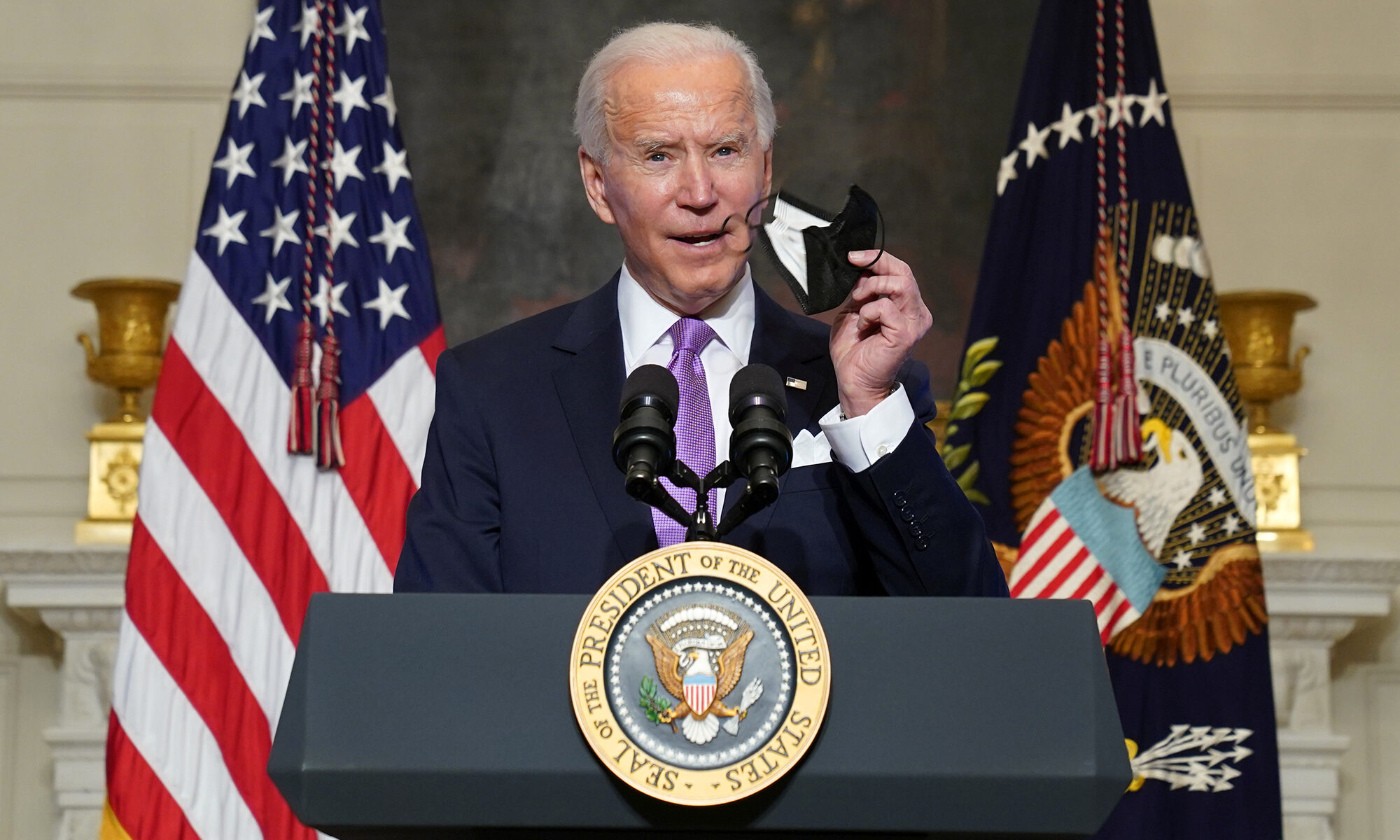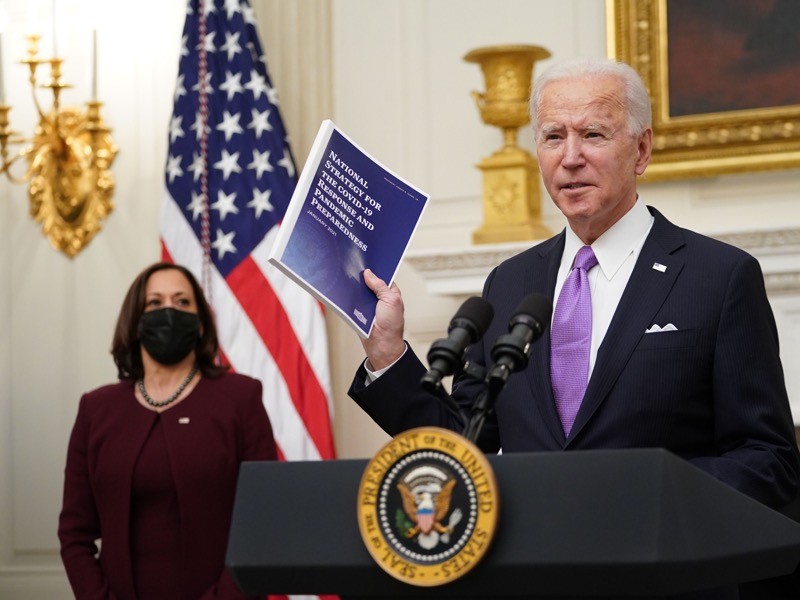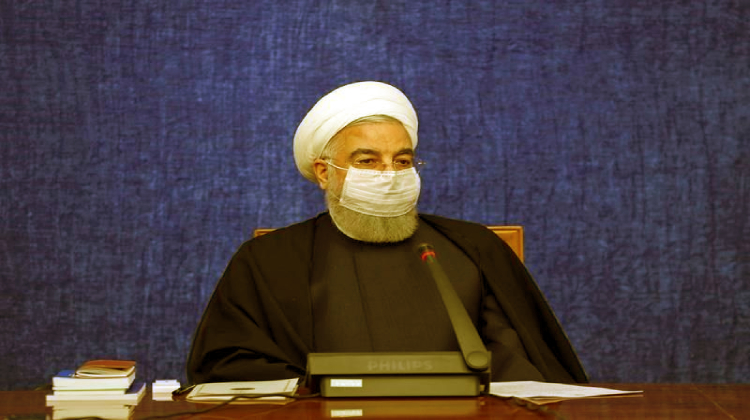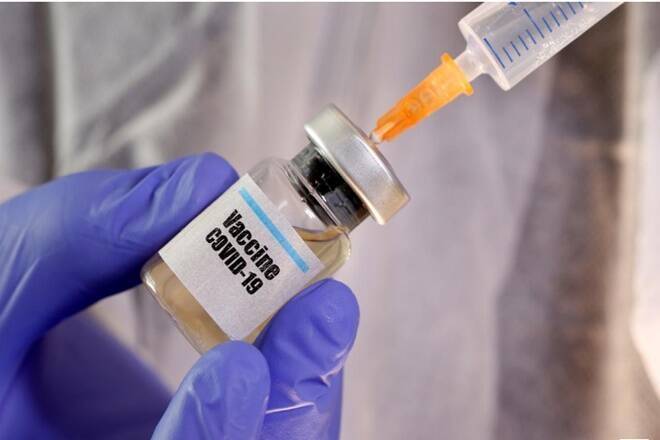Two American pharmaceutical giants Pfizer and Johnson & Johnson are yet to apply for emergency use authorization for their Covid19 vaccines. This development comes days after centre stated that it is holding talks with Moderna and Pfizer over various issues including indemnity waiver. In June, Moderna announced that it has got permission and approval from India for importing vaccines into the country for restricted use in an emergency situation. Around the same time, CEO of Pfizer Albert Bourla had stated that the company is in the final stages to get approval for its vaccine in India. The centre had also acknowledged that it is in the final steps to close the deal with the pharma-giant Pfizer.
Also See: New mutants of Coronavirus
Dr VK Paul, member (health) of NITI Aayog had said, “We are in touch with them (Moderna and Pfizer). We are holding discussions. It is a process of negotiation and dialogues. We are trying to get a solution on contractual and commitments issues. This process is ongoing.”
On the approved vaccines, Dr. VK Paul stated, “There are four vaccines now Covaxin, Covishield, SputnikV and Moderna. We will soon close the deal on Pfizer as well.”
Also Read: An uncertain wait for vaccines by India despite a liberalized regulatory framework
US Food and Drug Administration (US FDA) & other western regulators have approved the Pfizer-BioNTech shot for emergency use. In USA, the vaccine has been approved for use in teens. The vaccine developed by Pfizer has an efficacy rate of 90% in preventing infection.
In June’s last week, Janssen’s maker J&J stated that it was in talks with the Indian government to explore ways to speed up the delivery of its single-shot Covid-19 vaccine in the country.
With a highly talked about and efficacious mRNA vaccine, Pfizer-BionTech, a leading global vaccine & medicine maker is all set to enter the Indian market. The company is said to have signed strategic deals with the Indian government. The deal of Pfizer with India is to supply close to 5 crore vaccine doses to India between July and October. The vaccine-maker is also in talks to sign an ‘indemnity clause’ which will free the vaccine maker of the liability of adverse reactions and potential side effects.
Pfizer’s mRNA vaccine shot has already been approved for use in leading countries like UK, USA, Canada, Brazil, Israel, Australia, Japan and Singapore. Its vaccine is considered to be highly effective and novel, with its unique messenger mRNA technology that instructs cells to produce a spike protein similar to SARS-COV-2’s and launch defensive action. Pfizer’s vaccine is delivered as a two-dose regime, spaced 21-28 days apart.
Also Read: Would vaccination drive in Canada be a mixed story for Ocugen?
Pfizer’s vaccine has been approved for use in kids between 12-18 years of age in select countries. This may also pave the way for kids’ vaccination in India. The different logistical hurdles of the vaccine, including the pricing and storage may require ramped up infrastructure as well.
Moderna too is an mRNA vaccine. Just like Pfizer, it has been approved for use in select countries. It carries strong odds of protection. As per reports, after Indian laws over regulatory authorisation were relaxed, the American vaccine maker is also expected to seek fast-track approvals in India. Different reports about the vaccine-industry pointed out that Indian drug-maker Cipla may form a strategic partnership with Moderna Therapeutics to bring over its innovative Covid19 vaccine by 2022. In last week of June, Cipla has received regulatory approval to distribute its partner-Moderna Inc’s (MRNA.O) Covid-19 vaccine in India.
In preventing symptomatic Covid19 & reducing the severity of the infection, Moderna’s mRNA model provides 94% efficacy as per various trial-research figures. There is also some evidence to suggest that Moderna’s vaccine would be able to prevent asymptomatic transmission as well. This has enabled it to win FDA nods. Just like for Pfizer, Moderna’s 2-3 week wait-period works well for Moderna’s COVID vaccine offering as well.
Janssen vaccine against coronavirus is a single-shot vaccine. It is produced by US-major Johnson and Johnson LLC. Janssen is also expected to be cleared for use in India in the following months. This vaccine is one of the first single-shot coronavirus vaccines developed so far (apart from Sputnik Light). Janssen was given emergency use nods in US and more recently in UK and EU. The approvals came from findings surfacing from clinical trials, which showcased that the vaccine delivered strong efficacy rate, at par with competitors. Reports and inputs from government sources have suggested that the central government is looking for speedy ways to import doses of the vaccine which could be used to inoculate the masses in a faster manner.






